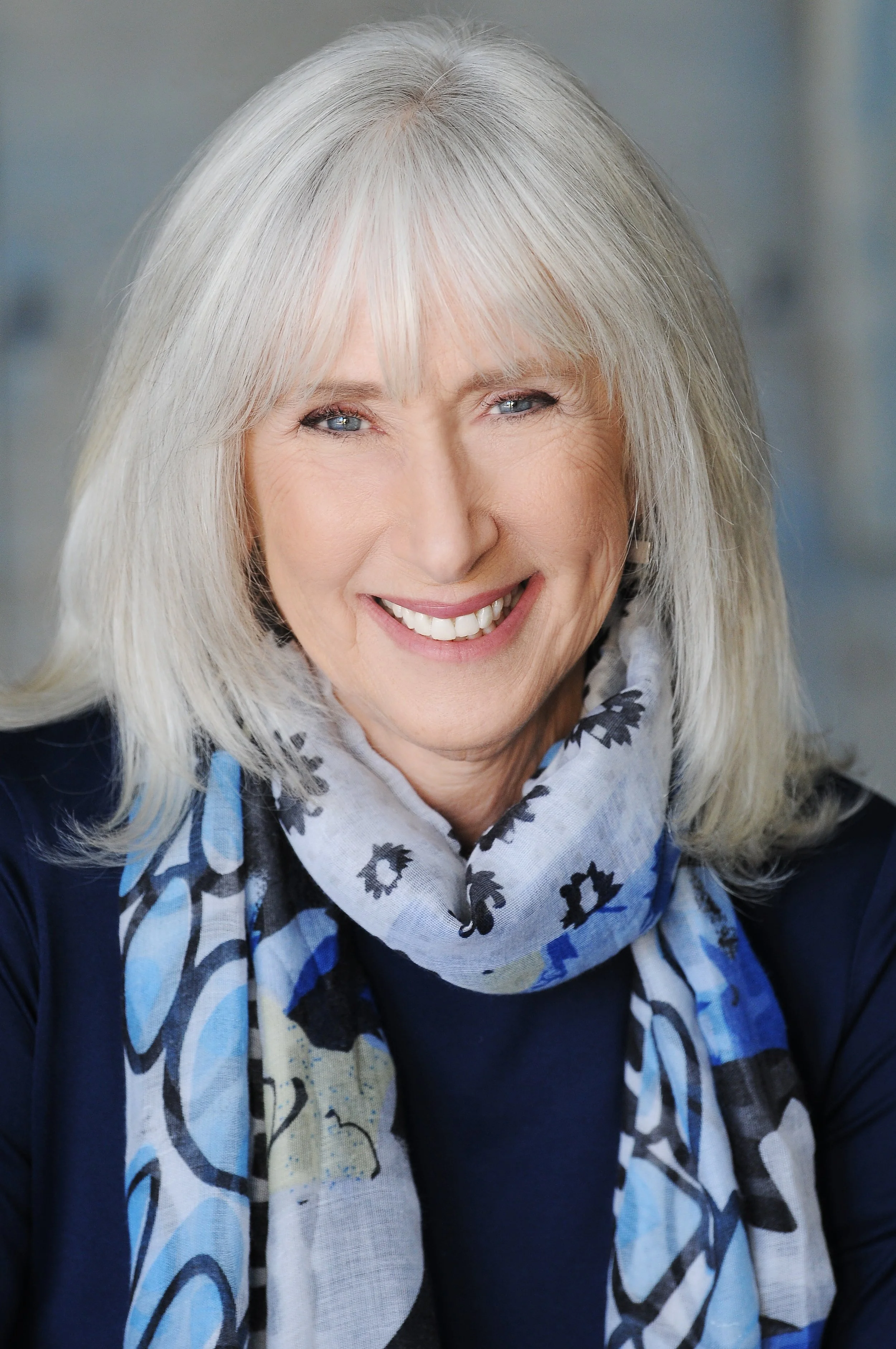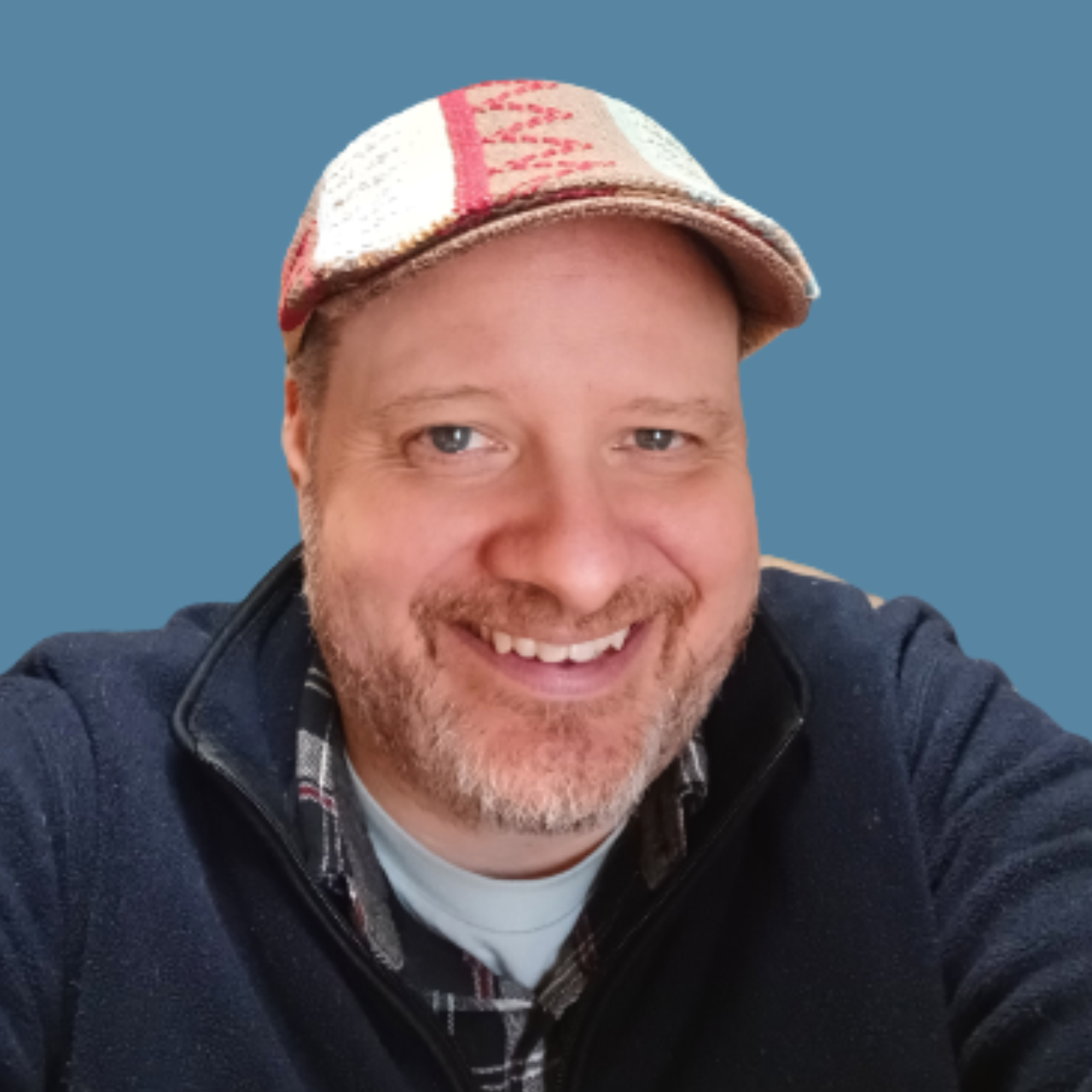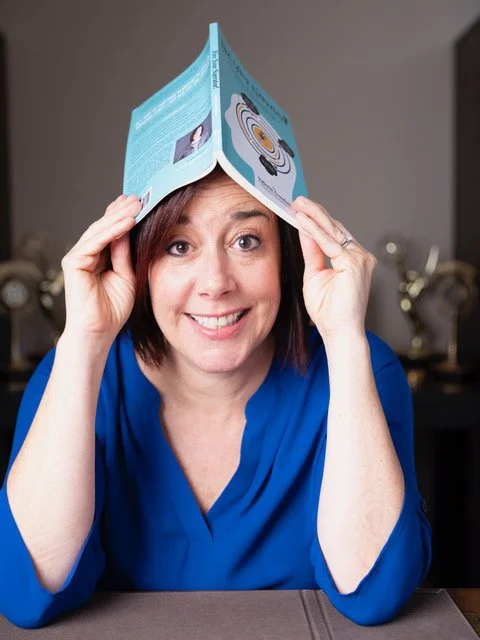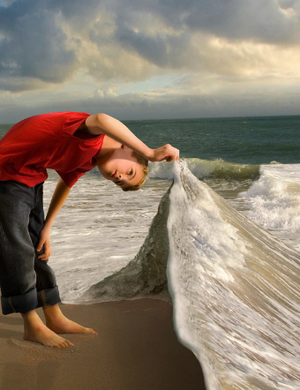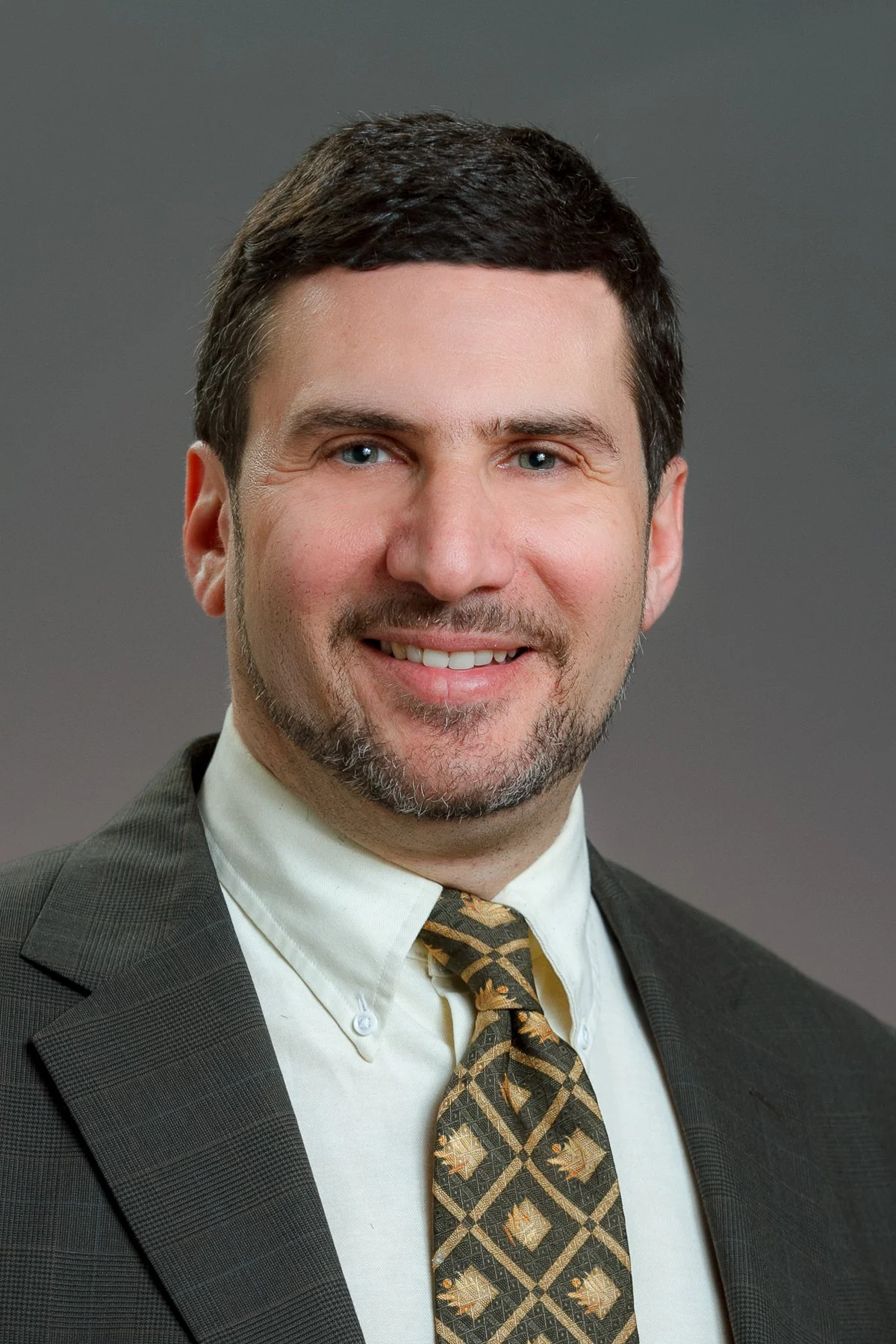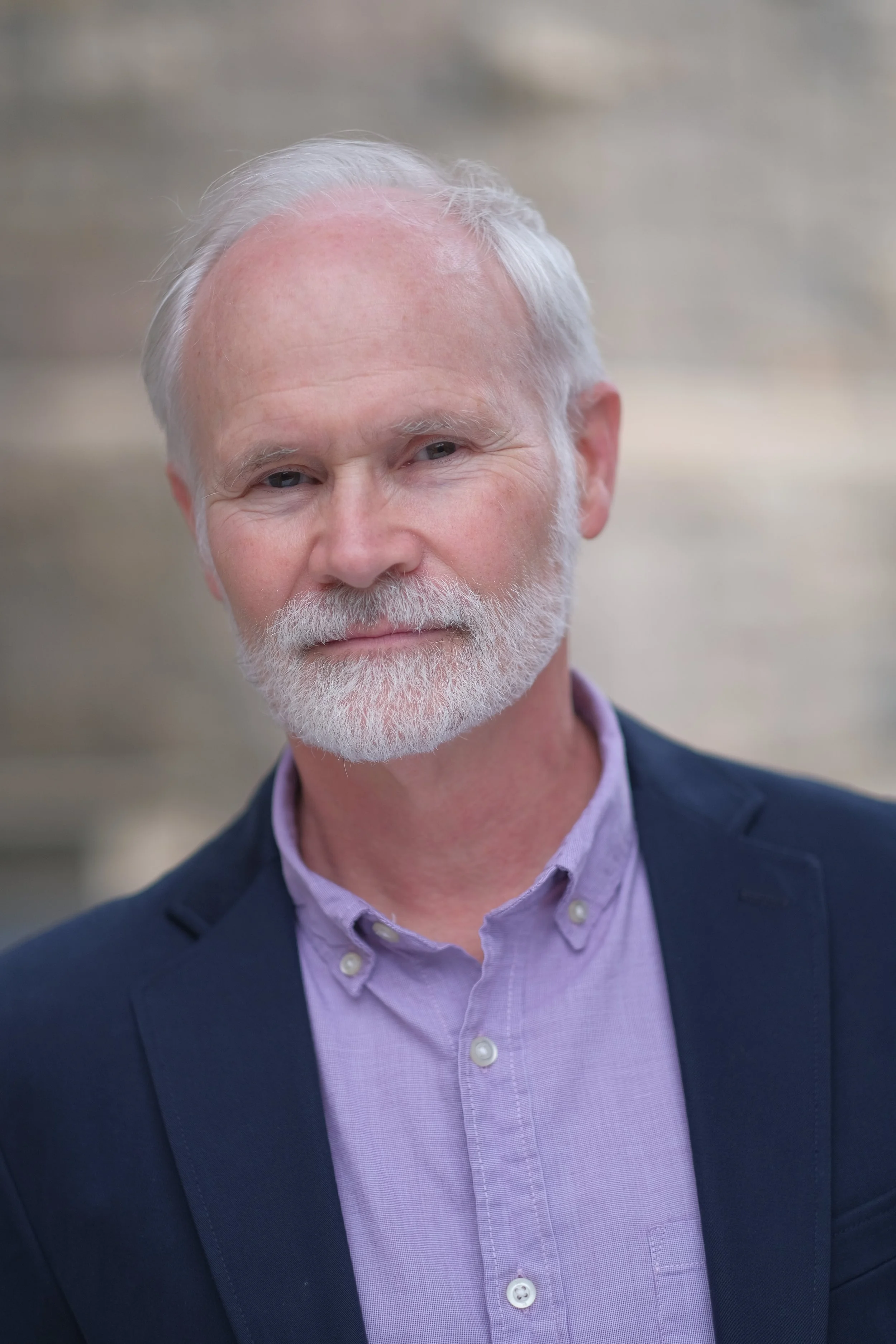In this episode, Joanne Greene, author of By Accident: A Memoir of Letting Go, shares the story of her life before and after a traumatic accident where she was hit by a car while crossing the street.
Read MoreMark Reid, a former lawyer with a background in martial arts and Japanese, started the Zen Sammich podcast on mindfulness and Zen philosophy. In this episode, we discuss his Zen practices, including focusing on objects and doing kind things for patience, and his interest in nature and other cultures.
Read MoreWhat’s your decision-making process? Think things through in your head? Go with your gut? A combination. Guest Jennifer Jane Young helps us explore and rely on our intuition.
Read MoreIf there is an area of study that epitomizes human curiosity, it may just be space exploration because space exploration – as planetary scientist Dr. Alan Stern explained – can help answer the critical scientific questions of how and when our solar system was formed and whether our home in the Universe is unique.
Read MoreValerie Gordon is a 10-time Emmy-winning television producer with over 20 years of producing and overseeing award-winning content. She knows what makes a story meaningful and memorable and the incredible power of stories to engage, educate and entertain. And she’s detailed how we can tell a healthier personal story – and overcome our inner narrator – in her highly readable book, FIRE YOUR NARRATOR: A Storyteller’s Guide to Getting Out of Your Head and Into Your Life.
Read MoreHal Herring is an award-winning journalist and contributing editor at Field and Stream magazine. He is also the host of the Backcountry Hunters and Anglers Podcast and Blast. In this episode, we discuss a number of environmental issues.
Read MoreThis episode unwraps a 3-minute and 30-second piece entitled “The Night Window” that Thomas Newman scored for the film “1917.” It comes at a particularly dramatic point in the film. Helping us understand the music, the dramatic point in the film it supports, and the genius of film scoring is Jeanine Cowen, the chair and professor of practice of the Screen Scoring department at the University of Southern California.
Read MoreRick Locke is a great example of someone who literally had to look at life from a different angle. While he was losing his central vision due to macular degeneration, he could still see out of the corner of his eye. And that, as it turns out, was the lens through which he could see – and share – a whole new world of wonder.
Read MoreApril Vokey couldn’t help but look at life from a different angle. From a very early age, April loved fishing and hunting. She decided to shun more traditional work and instead start a business where she would guide, provide instructional courses, write, be a keynote speaker, and host a podcast on all things related to her fishing interests, all while becoming a wife and mother. Her decision also came with the expected challenges — and one challenge that men doing the same work never face.
Read MoreIn this podcast episode, my cohost, Steve Miletto, of the “Teaching, Learning, Leading K12” podcast, and I talk with Elizabethton, TN High School teachers Daniel Proffitt, Jason Clevinger, and Patrick Roberts. Elizabethton High School has a mission to build a culture for learners to think and act as changemakers.
Read MoreCindy House is the author of Mother Noise, a memoir in essays, and is a regular opener for author/humorist David Sedaris on his tours across the country. She teaches in the MFA program at Lesley University.
photo by Vivien Stembridge
Read MoreSteve Jobs famously said, “You can't connect the dots looking forward; you can only connect them looking backward.” Today’s guest, Christian Busch, PHD, would respectfully disagree. He writes, “serendipity is not just about a coincidence that happens to us, but it is actually through the process of spotting and connecting the dots do we start to see bridges where others see gaps.”
Read MoreLook between the slices of rye bread of a traditional Jewish deli sandwich, and a time capsule of Jewish life in America emerges. The Jewish deli is the story of migration from Eastern and Central Europe and the struggle between wanting to retain Jewish culture and assimilate into American life. The story of Jewish life begins in the crowded tenements of New York City, migrates to the other boroughs, the nearby suburbs, and eventually throughout the U.S. Author Ted Merwin details the history of this uniquely American institution.
Read MoreSome of the most interesting writing on leadership has come from active and former military personnel, but USAF Colonel Lee Ellis ret. has the added dimension of learning leadership lessons the hard way as a five and half year Prisoner of War in the infamous Hanoi Hilton during the Vietnam War.
Read MoreFor good reasons and bad, we surround ourselves with things. In this episode, we look at how "things" occupy our space — not just in terms of the physical world in which we exist, but how that physical space reflects what’s going on in our heads and hearts. Decluttering expert, Laura Staley, provides her insights.
Read MoreGenerally speaking, our philosophy in the Western world is to ignore death and pretend that it's not going to happen. There’s another way to look at things. Planning advocate, Jane Duncan Rogers, explains.
Read MoreHow do we strike a balance in education today between the content that needs to be covered and encouraging student voice and choice? Jeff Carver and Nia Decoux, teachers at New Harmony High School in New Orleans, offer their thoughts.
Read MoreWater is the most common physical property found on Earth, but its spiritual properties — its ability to soothe our souls, nurture us, and facilitate deep personal reflection — are just as important. John Dietsch, fly fisher, guide, film producer, author, and teacher, helps us wade into it.
Read MoreIn this episode, educator, author, and futurist, Rhonda Broussard and I touch on various reasons for our K 12 system of schooling. Is it to prepare students for a career, acquire knowledge and skills, or develop creative thinking and problem solver abilities? And what about student agency? How much voice and choice should we allow students to determine want and how they want to learn?
Read MoreConfidence is a disciplined state of mind achieved through training, choosing to focus on select positive experiences, and telling oneself a story based on a belief in a positive future. Dr. Nate Zinsser, an expert in the application of sport psychology, gives us the details.
Read More
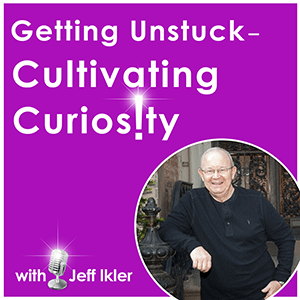 Curiosity sits at the intersection of creativity, effective human interactions, problem-solving and purposeful change. Unfortunately, the pace of life — at home, work, and school — often sidetracks our natural curiosity. So, listen as we look at the familiar from a different angle or something new as a possibility to consider.
Curiosity sits at the intersection of creativity, effective human interactions, problem-solving and purposeful change. Unfortunately, the pace of life — at home, work, and school — often sidetracks our natural curiosity. So, listen as we look at the familiar from a different angle or something new as a possibility to consider.
